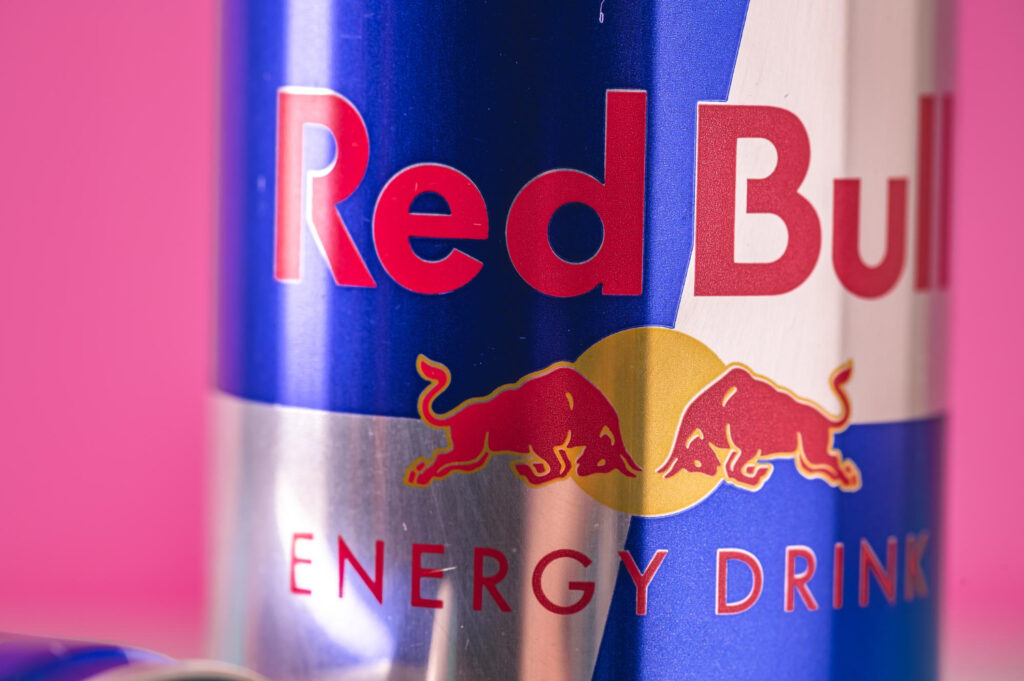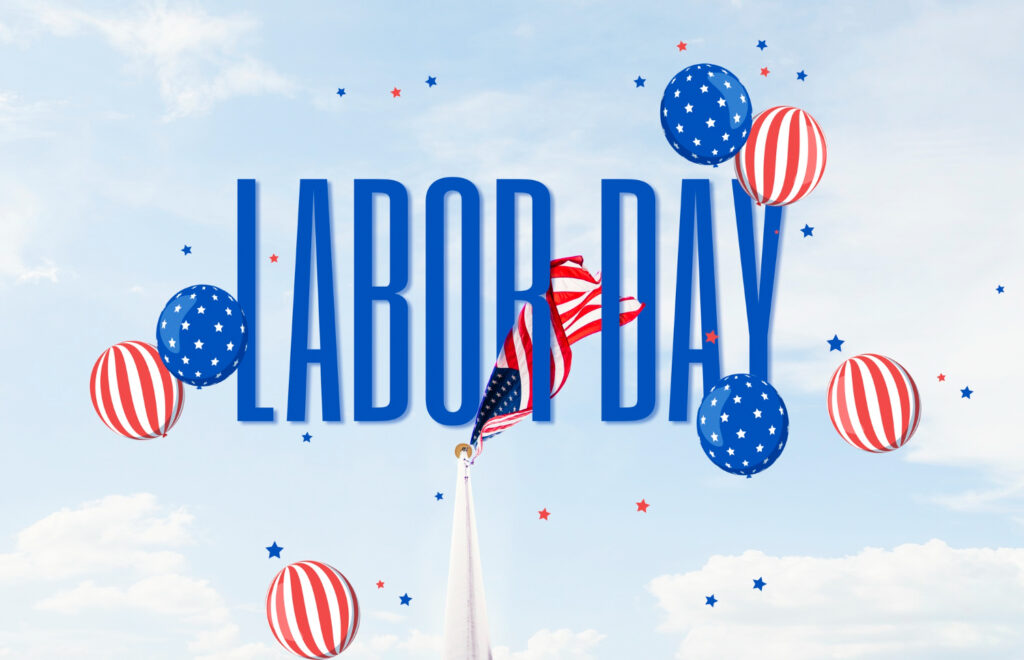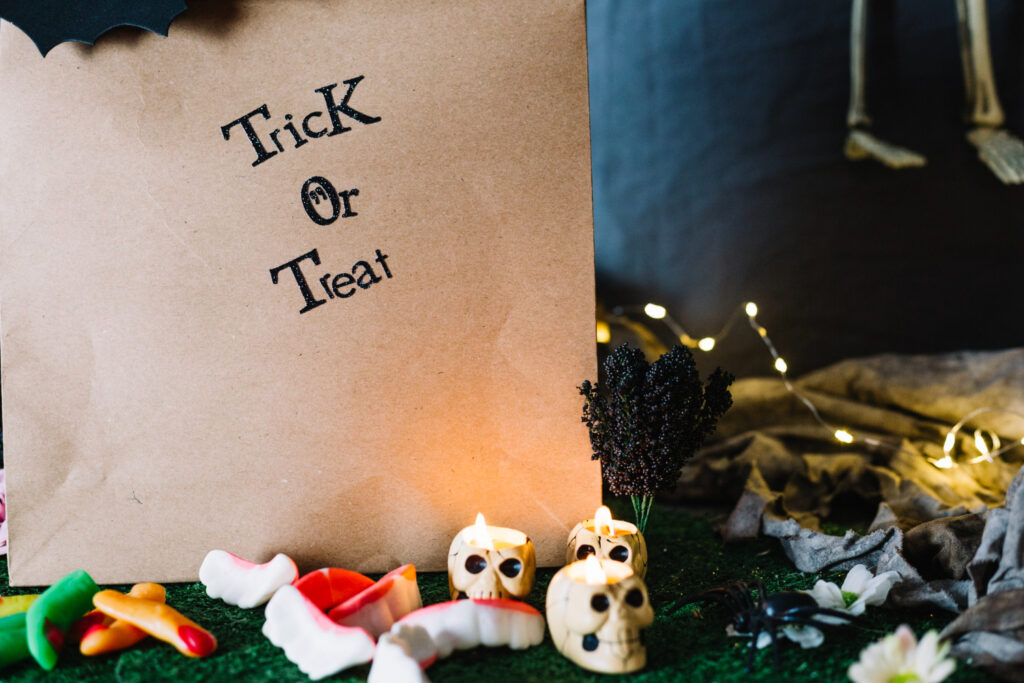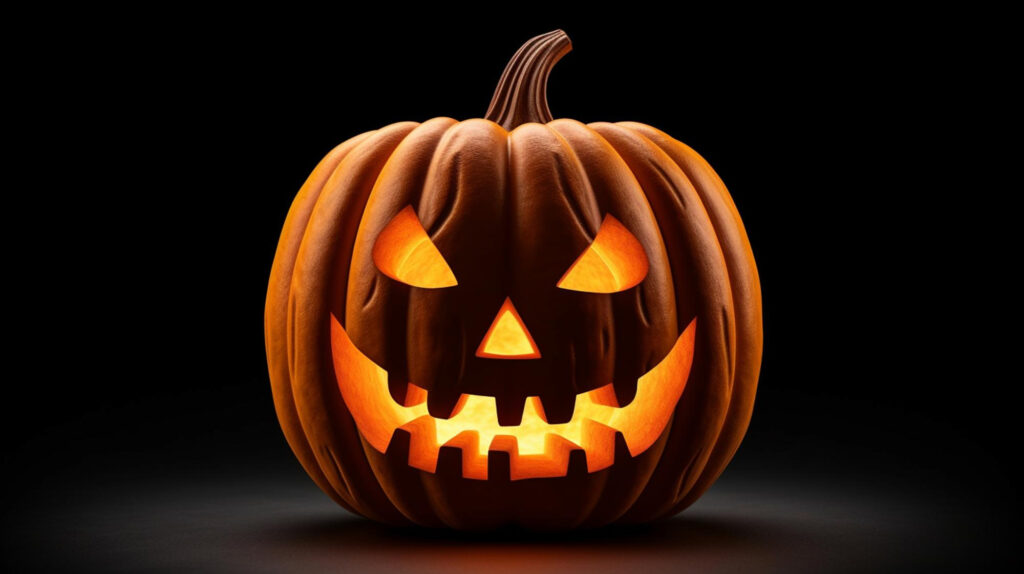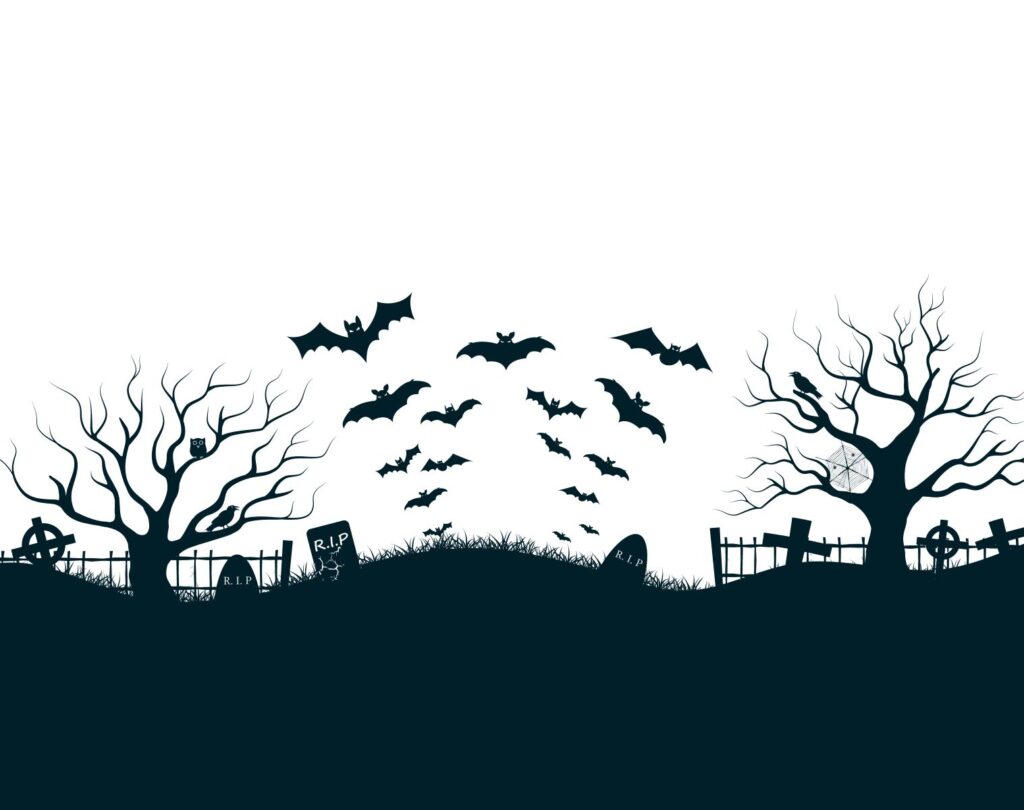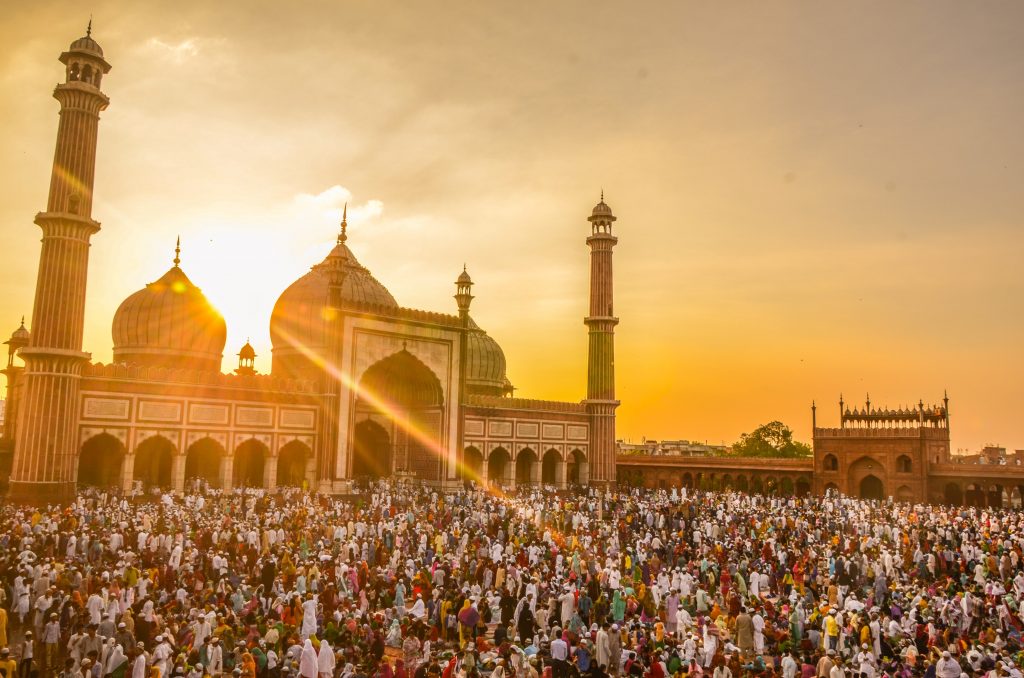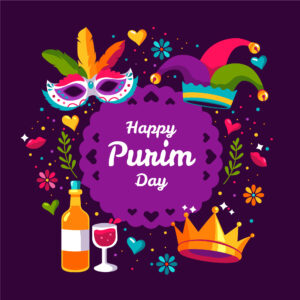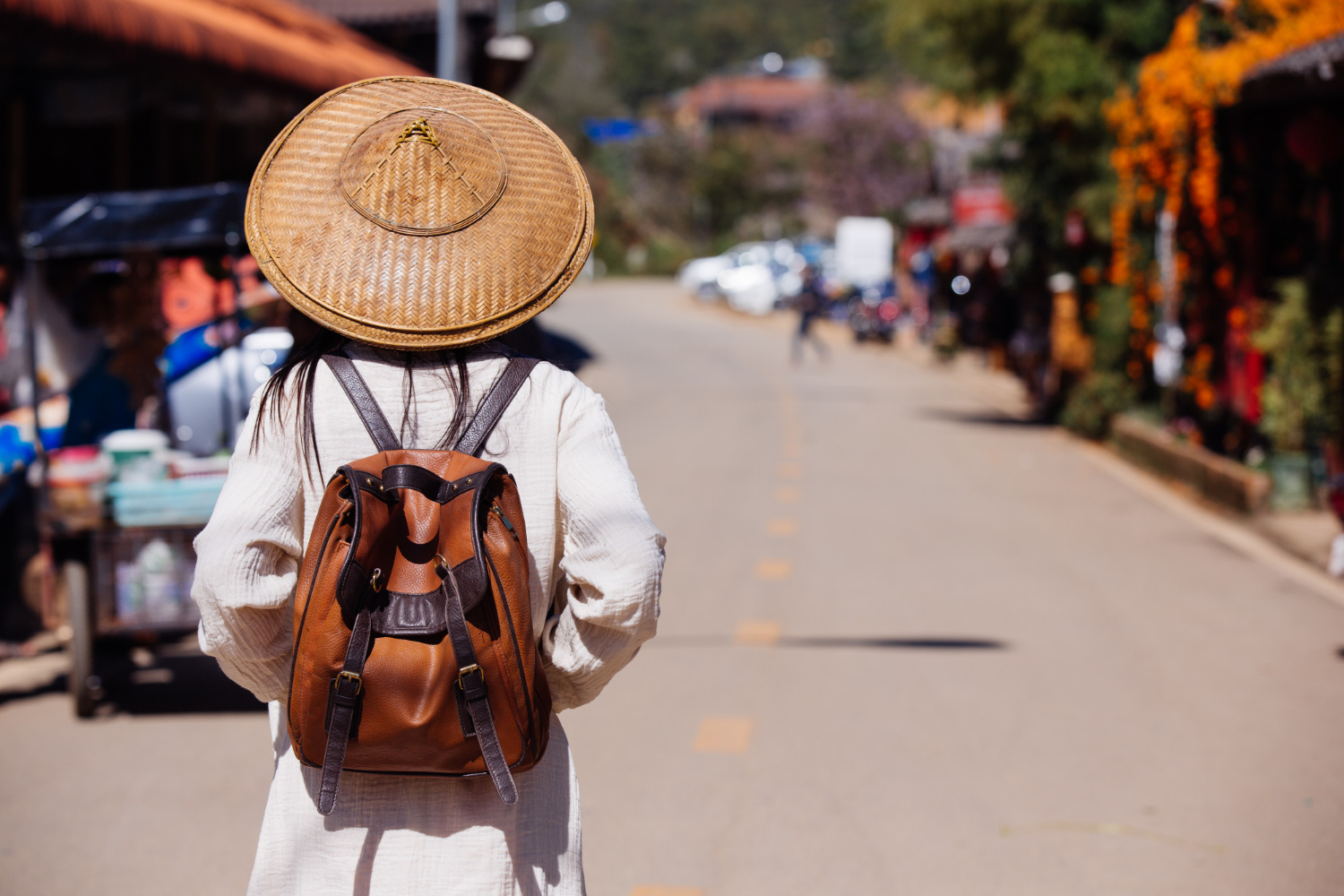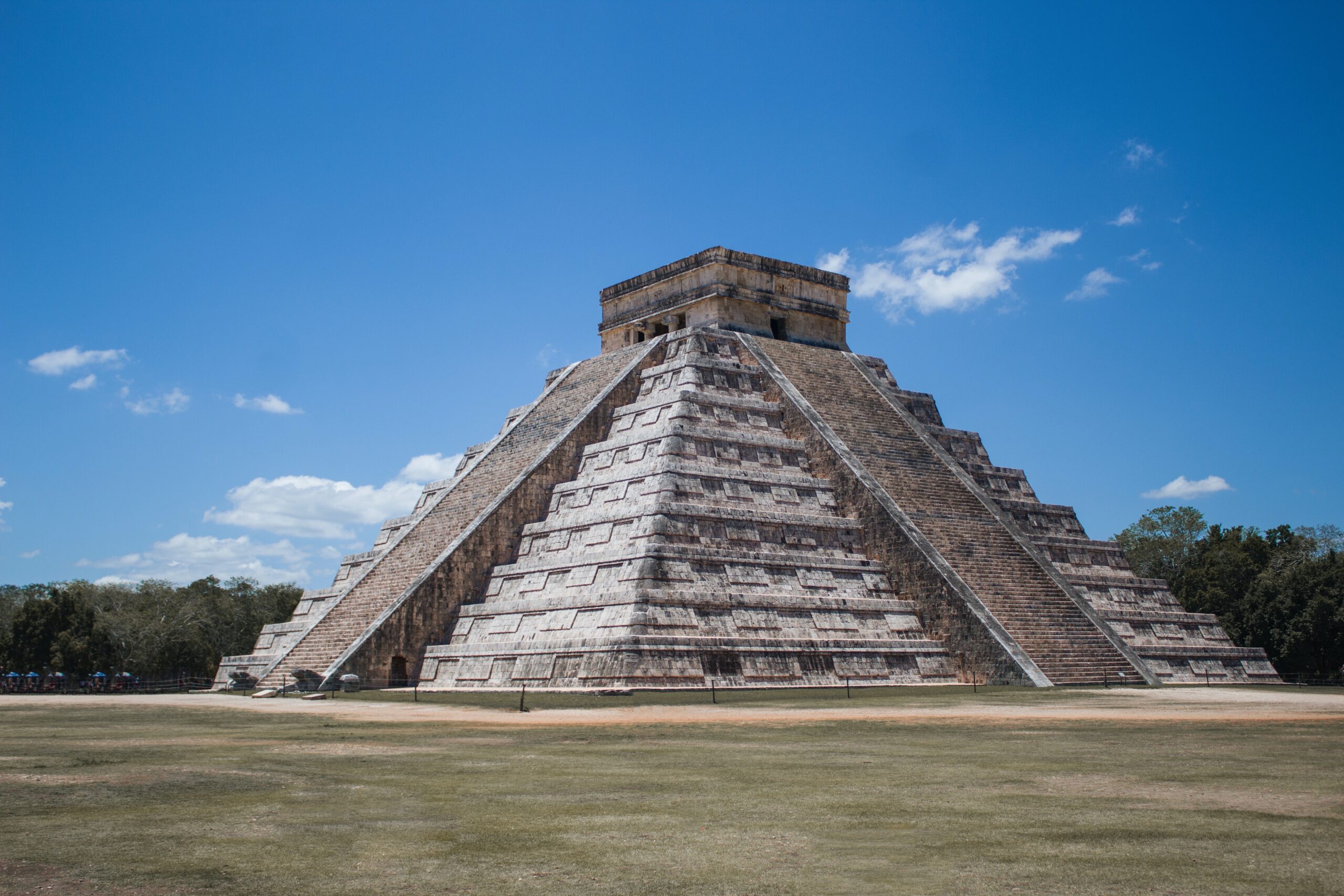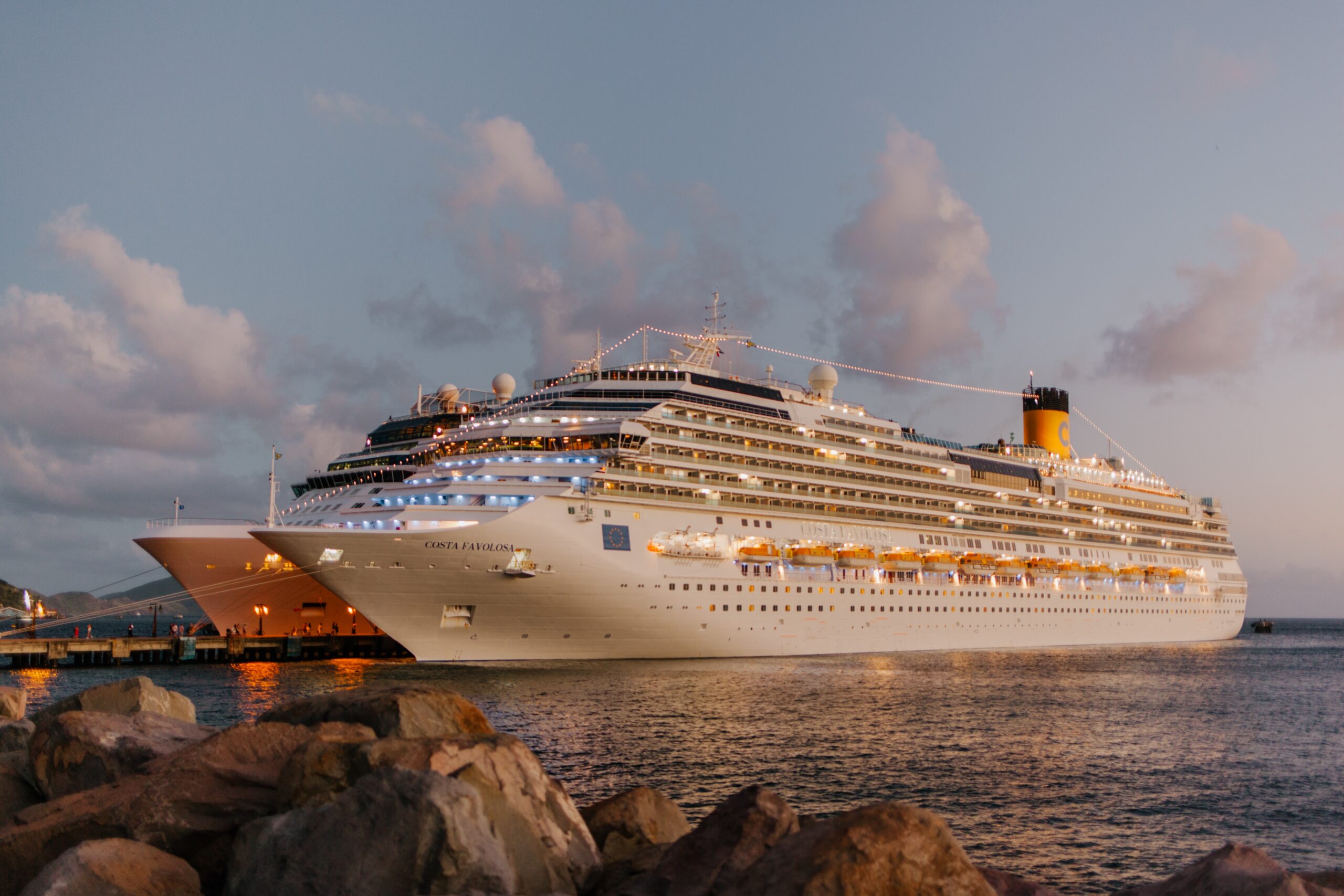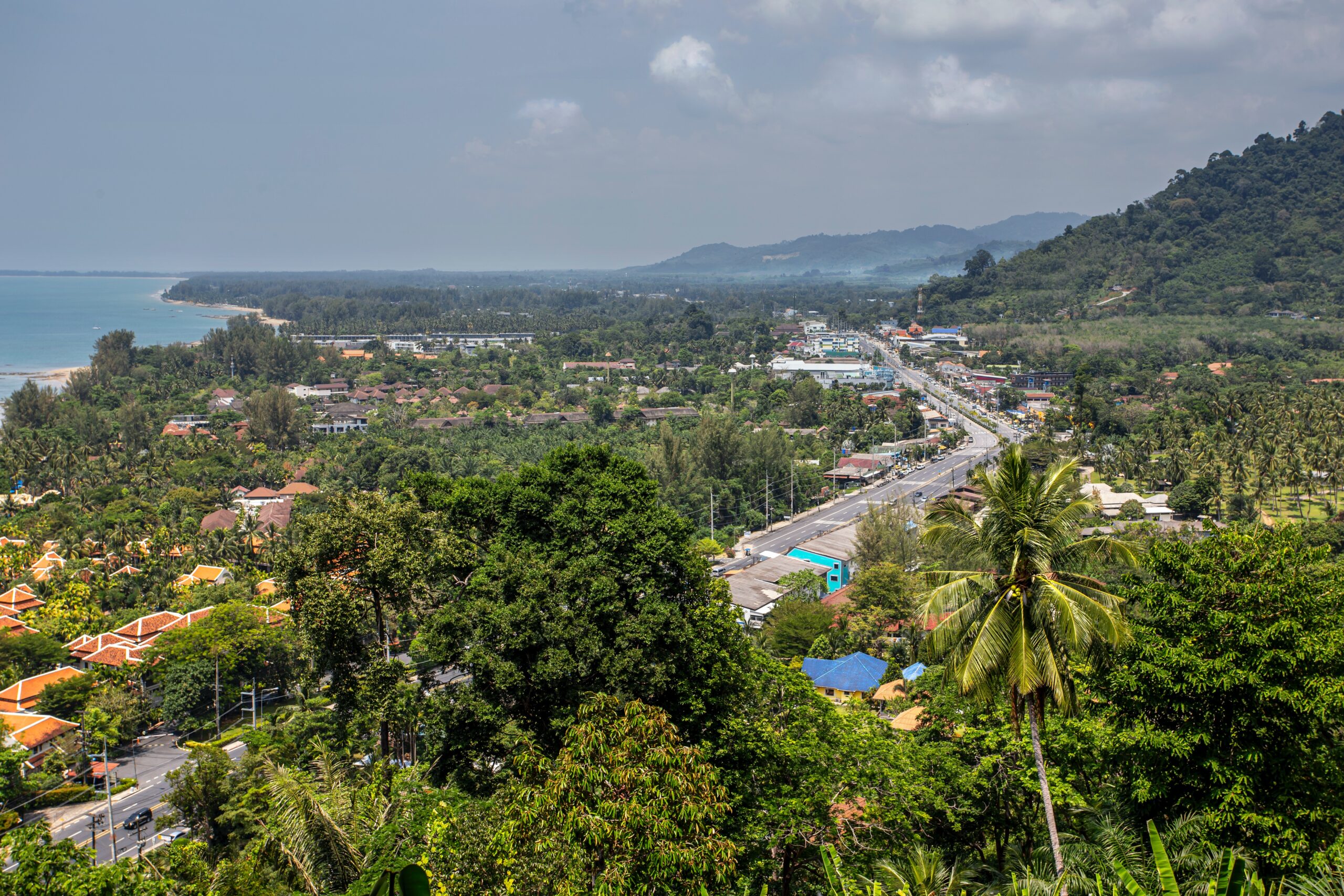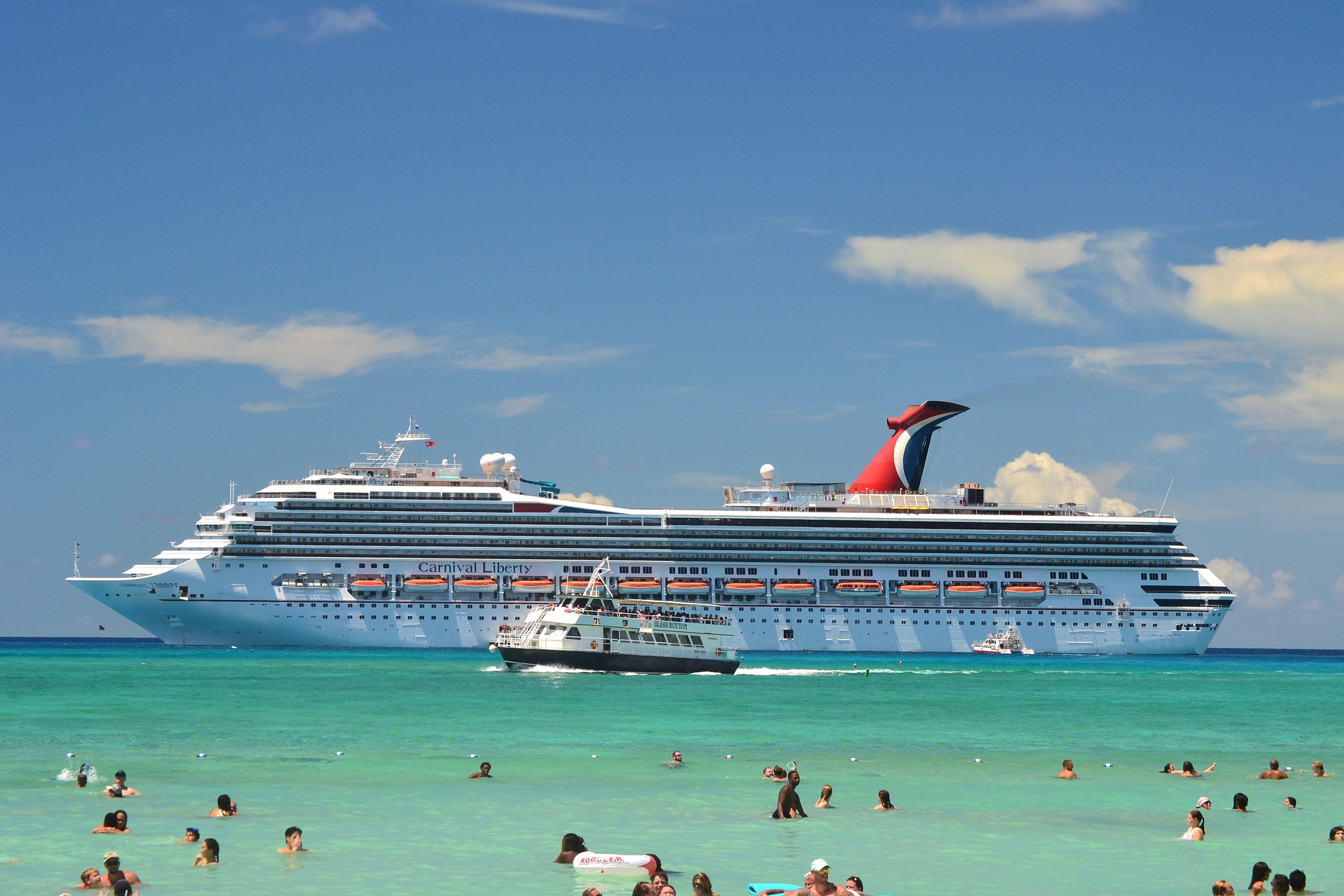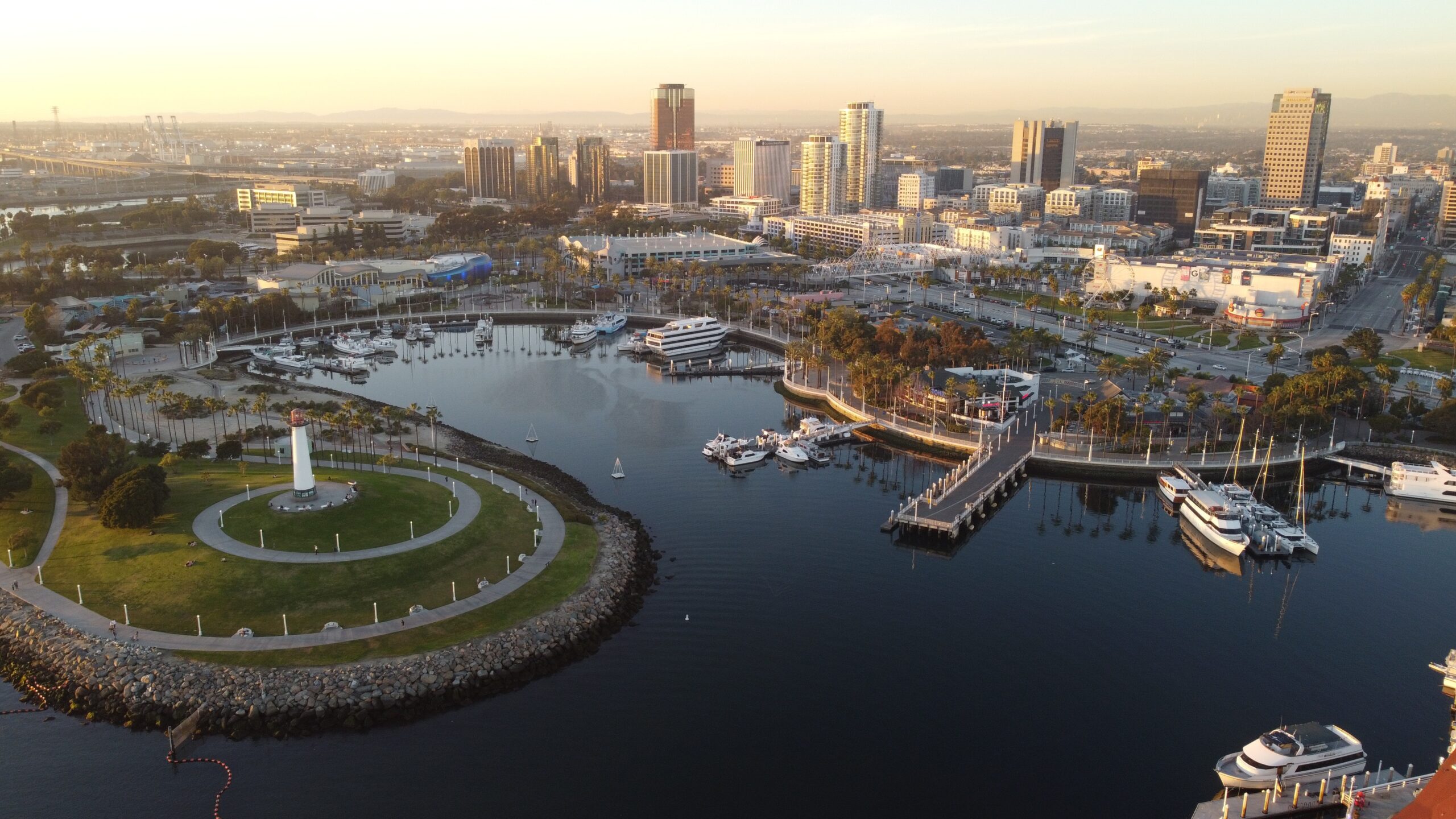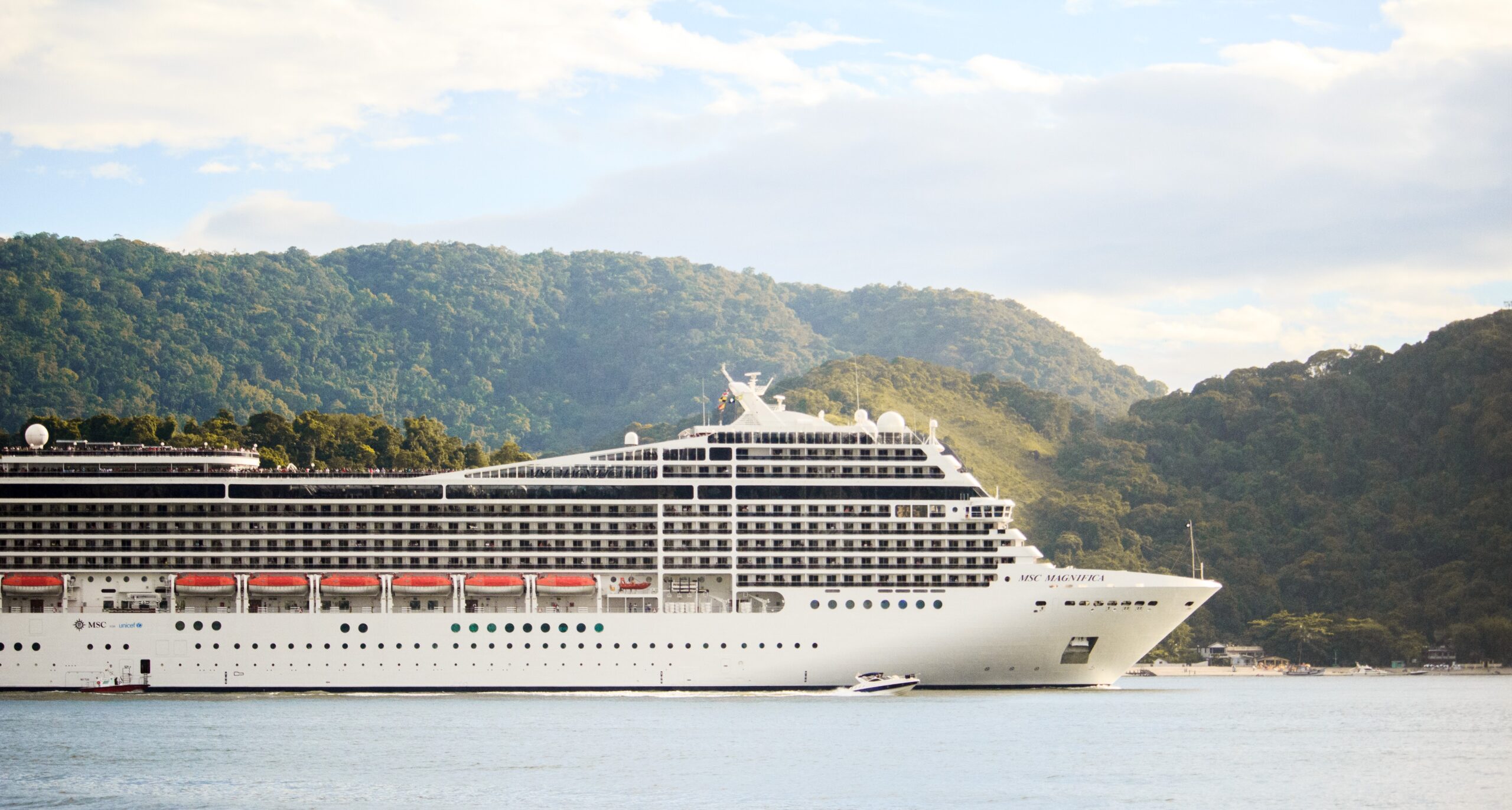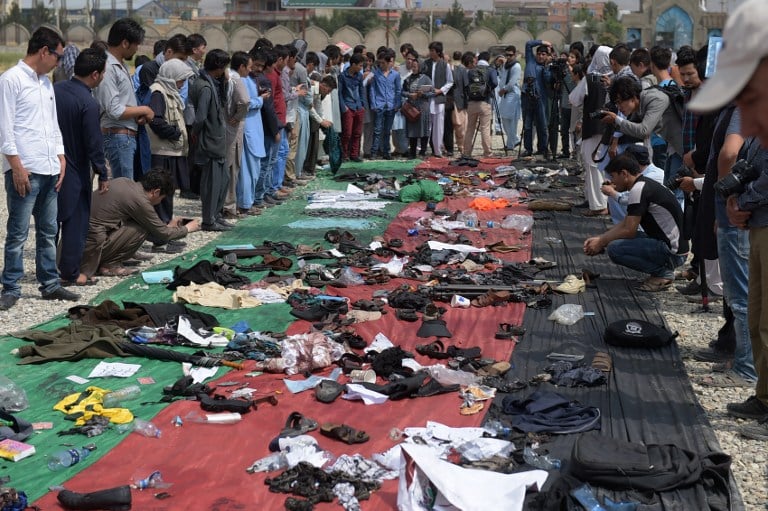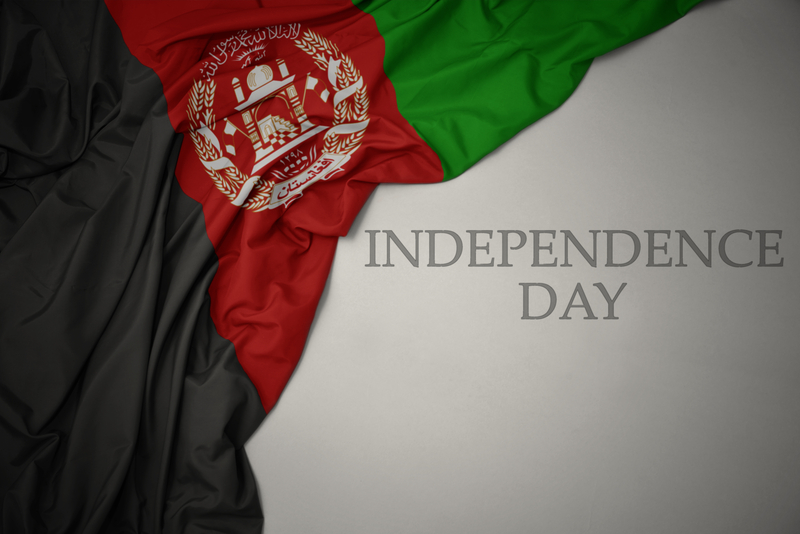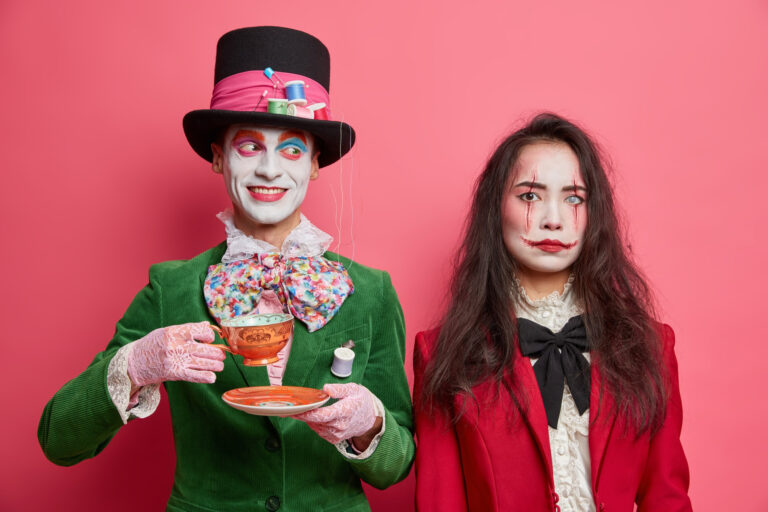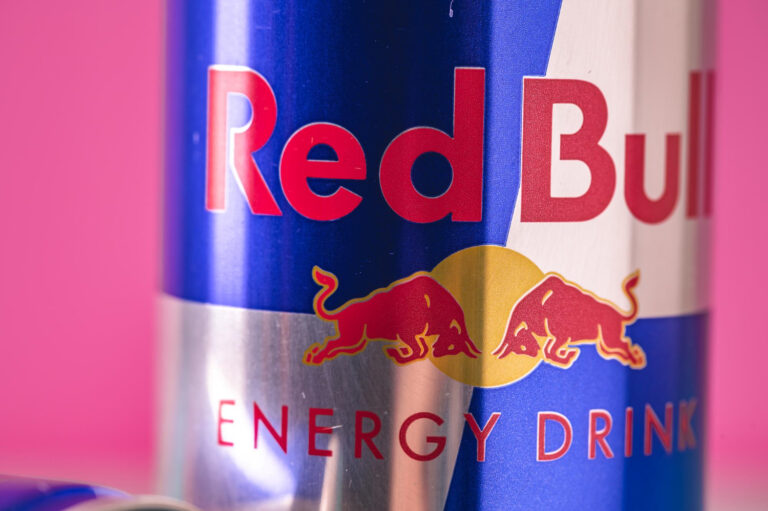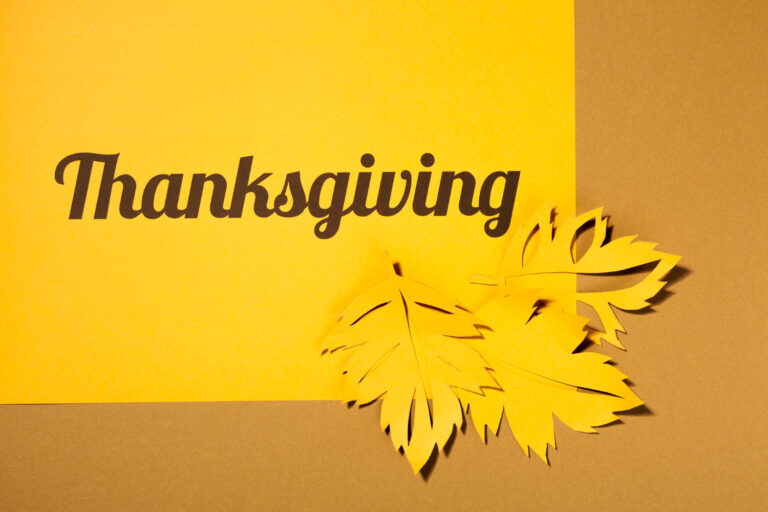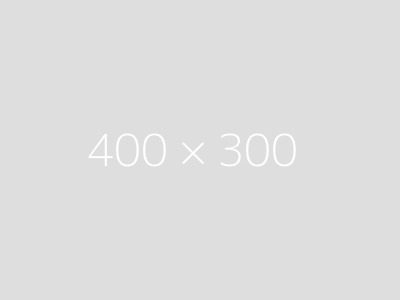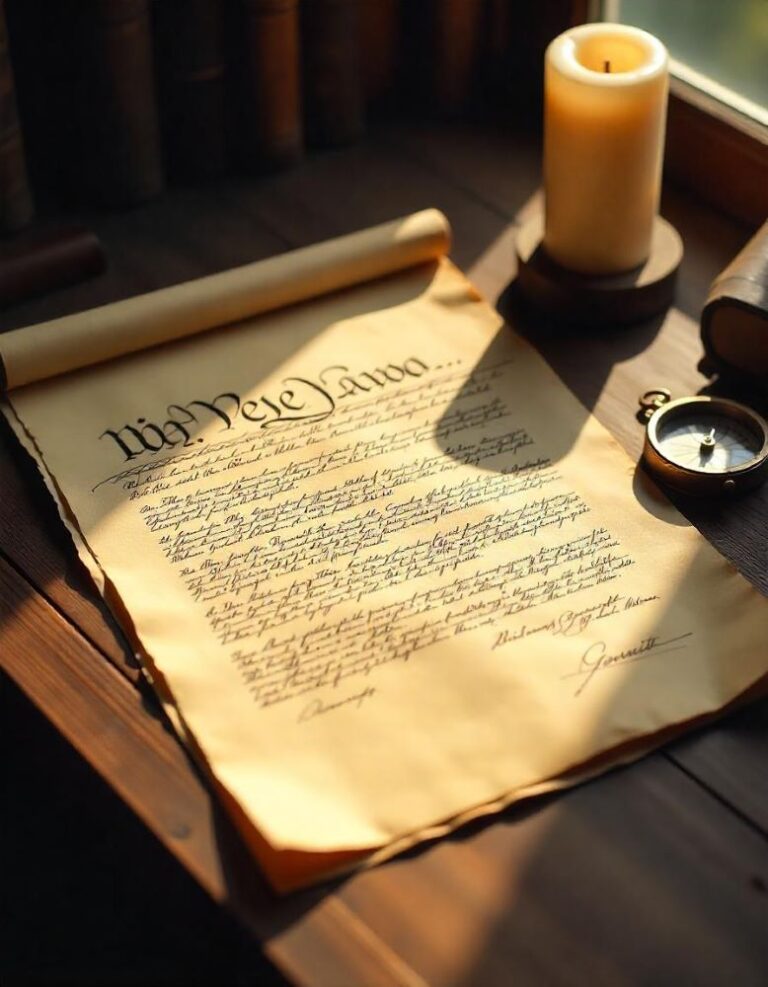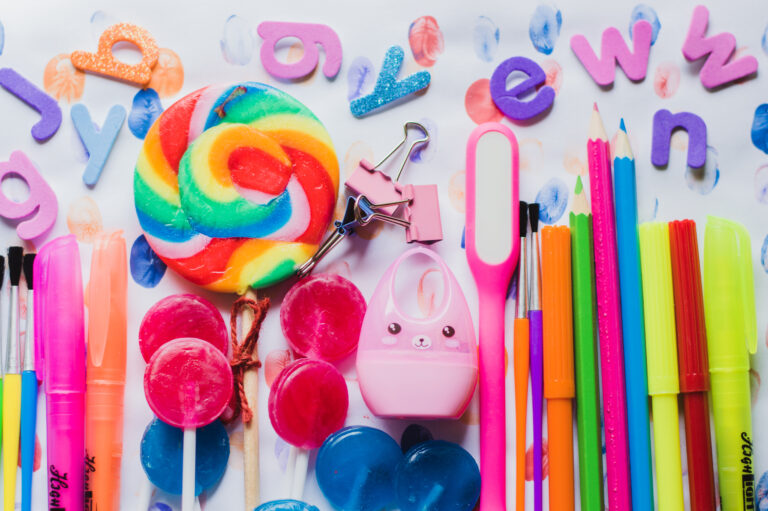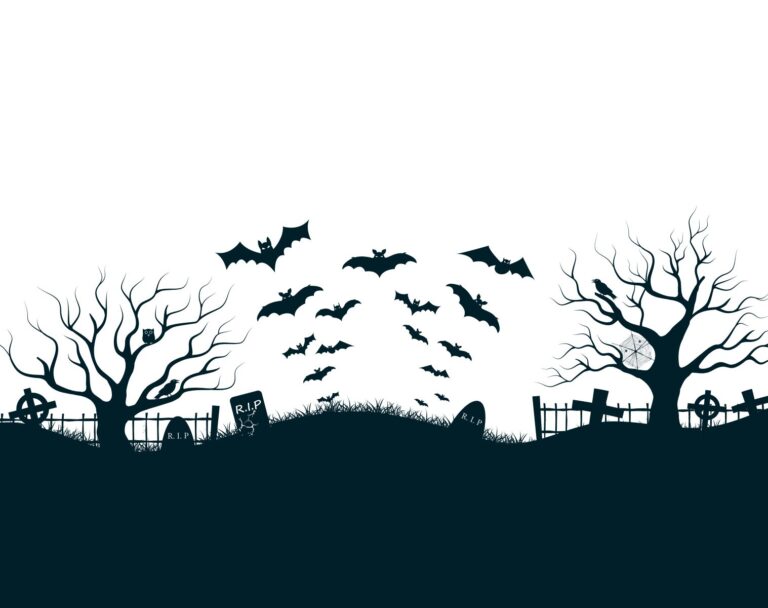Background
The Islamic community celebrates two Eid celebrations annually, one of which is the Eid Al-Adha or the “Feast of Sacrifice.” Also regarded as the “Greater Eid,” it is a commemoration of the selfless act of Ibrahim in offering his son Ismail to Allah. The sacrifice did not push through when Allah interrupted the offering and told Ibrahim that this act of submission was accepted. In place of his son, an animal was placed for sacrifice where the same was divided into three equal parts with the first part kept for the family, the second part to be given to relatives and friends, and the last part to be provided to the poor and those in need. Though there is no fixed day every year for the celebration of Eid Al-Adha, it always falls on the tenth day of the Dhu Al-Hijjah for a duration of four days.
The celebration of Eid Al-Adha teaches everyone of the act of selflessness of Ibrahim wherein he was willing to offer his only son to Allah despite heavy temptation not to do so. The act of selfless devotion shown by Ibrahim to Allah was actually a test of faith on his part and the most difficult and greatest trial of his life, where the timely intervention of Allah saved Ibrahim’s son and where a sacrificial lamb was provided in his place.
In celebration of the Festival of Sacrifice, Muslim devotees, dressed in their best attire, either go to the mosque or an Eidgah (a large place where prayers can be conducted), to start their act of supplication. It usually starts anytime after the sun rises and before Zuhr, or the prayers before midday.
How Afghans celebrate Eid Al-Adha
In addition to the Eid prayers, many Muslim pilgrims try to emulate the act of Ibrahim by sacrificing their best animal following the same apportionment made in the early times. There are certain requirements before an animal can be considered an acceptable offering. Hence, those who desire to make this offering cannot just pick any livestock but have to ensure that the chosen animal meets certain standards. Portions of the accepted sacrifice are then given to everyone, seeing to it that all those who are in need will be fed and be happy on this very special day. Considering that livestock does not come cheap, it is the affluent people who usually partake in this ritualistic offering. If a devotee cannot afford this, he is encouraged to make a donation to charity.
Though Afghanistan is still engaged in civil conflict, the celebration of Eid Al-Adha is only one of the few occasions where everyone is brought together. As members of the Islamic community are expected to partake in the commemoration of this special festival, the Afghan populace is likewise expected to put their differences aside and offer their prayers to Allah, like their other Muslim brothers. The celebration of Eid Al-Adha serves as an instrument for unity for the people of Afghanistan and is one of the few instances where discord and disagreements do not exist. This is why many festivities take place during this grand occasion.



